“Don’t cry.” “Man up.” “Keep it to yourself.”
Those phrases still echo in the lives of many men, and they shape how men deal with stress, sadness, or anything that might be seen as weakness.
But the result hasn’t been stronger, more resilient men. It’s been silence. It’s been shame. It’s been a culture where too many are living under the weight of stress, stigma, and untreated mental health struggles.
According to recent data, 40% of men have never talked to anyone about their mental health. Nearly 30% say they’re too embarrassed. Another 1 in 5 cite the stigma — the belief that opening up somehow makes them less of a man.
June is Men’s Mental Health Month. Helping to break down barriers, the month is a way to help men move past old ideas and make room for honesty, support, and better ways to cope.
From speaking to a licensed professional to building simple, daily habits that support mental well-being, there are real, accessible ways for men to feel better — in June and beyond.

What is Men’s Mental Health Month?
Men’s Health Month began in 1994 as a national effort to bring attention to preventable health problems and encourage early detection and treatment of diseases affecting men and boys. Originally established as National Men’s Health Week and signed into law by President Bill Clinton, it has since expanded into a month-long initiative each June.
In more recent years, the focus has grown to include mental health, which is an area where men have been often overlooked. Yet, 77% of men say they’ve experienced symptoms of common mental health conditions like anxiety, stress, or depression.
The top stressors for men? Work, finances, and personal health.
The growing awareness around men’s mental health is starting to break down barriers. More men are getting access to care, finding support, and having honest conversations.
But the stigma hasn’t disappeared. In a recent survey, 40% of men said they wouldn’t seek help for their mental health unless they were experiencing thoughts of suicide or self-harm.
That hesitation has real consequences: Men are nearly four times more likely to die by suicide than women.

Finding ways to feel better: real tools for real stress
More than 6 million men in the U.S. experience depression every year. And yet, men are far less likely than women to seek therapy or reach out for help. Whether it’s stigma, embarrassment, or not knowing where to start, too many try to manage everything alone.
That’s why everyday coping tools matter. They don’t replace professional help, but for many men, they’re a starting point.
Start with movement
Physical activity has long been known to support mental health. Not only does exercise trigger the release of endorphins, the body’s natural mood boosters, it also gives stress somewhere to go. It helps regulate cortisol, improves sleep, and creates a sense of accomplishment.
Whether it’s a hard lifting session, a long run, or a walk around the block, movement is a reset. It doesn’t have to be perfect or intense. It just needs to be something — a way to get out of your head and back into your body.
“For me, it’s working out,” legendary swimmer Michael Phelps said at a speaking engagement. “It gets my mental health and my physical health right. That makes me me. Every day that’s something that I need, that’s something I can control.”
Make space to breathe
You don’t need a meditation cushion or 30 minutes of silence. But you do need a moment where you can check in with yourself.
That might be deep breathing. A quiet drive. A few minutes of stillness without distraction.
When practiced regularly, mindfulness helps shift your nervous system out of fight-or-flight mode. It helps calm anxious thoughts, reduce emotional reactivity, and bring you back to the present. Over time, that pause becomes a tool, not just to survive stress, but to manage it.

Use cold as a reset
Cold water immersion — whether it’s a plunge, a quick dip, or a few minutes in a cold tub — activates the body’s stress response in a controlled way. Breathing slows. Focus sharpens. And for many, the mental fog starts to lift.
That moment of discomfort can create clarity. That shock of cold pulls you out of your head and into your body.
Phelps knows this well. While the cold tub was once a way to physically recover between races, it’s become a daily part of his mental health routine, too.
“In my career, I’ve seen a lot of physical benefits that come with spending time in a cold tub. But I think I’ve learned more and more for mental health in terms of a cold tub as well. For me, this is part of my everyday routine... The more I can control how I am feeling every single day, then I’m heading in the right direction.”
For those looking to make cold water part of their mental wellness routine, a Chilly GOAT Cold Tub makes it easier to be consistent and to create space for that daily reset, right at home.
Talk, even if it’s uncomfortable
Opening up isn’t about having all the right words. It’s about being real with someone you trust.
That might mean telling a friend you’re struggling. Scheduling time with a therapist. Or joining a group where you can just be honest, without the pressure to be “fine.”
Talking helps reduce the intensity of what you're feeling. It builds connection, which is critical for mental health. And it reminds you that you don’t have to carry everything alone.
“By starting from the top, prioritizing mental health, doing it on a daily routine has given me the chance to become a better version of myself," Phelps has said.
Get some structure
When everything feels chaotic, a routine can be grounding. Knowing what to expect each day takes pressure off your mind. It reduces the stress of constant decisions, helps you sleep better, and makes it easier to focus on what really matters.
Things like waking up at the same time, planning your workouts, or setting aside time to unplug can make a difference. Even something simple, like a cold plunge at the end of a long day, can become part of that routine.
Do more of what makes you feel like you
It might sound simple, but when you’re under stress, even joy can feel hard to access.
Hobbies. Music. Time outside. Creative projects. These aren’t just distractions. They’re part of recovery. They remind you that you’re more than responsibilities or pressure or whatever you're carrying right now.

It’s OK to want to feel better
Men are often taught to push through. To keep their heads down. To handle it on their own. But the truth is, you’re not weak for struggling. You’re human.
And taking care of your mental health, however that looks for you, is one of the strongest things you can do. Whether it’s talking to someone or building healthier habits, every small step is a move in the right direction.
And if a cold tub becomes one of those tools for you, Chilly GOAT is here to help you create that space — and keep showing up for yourself, every day.
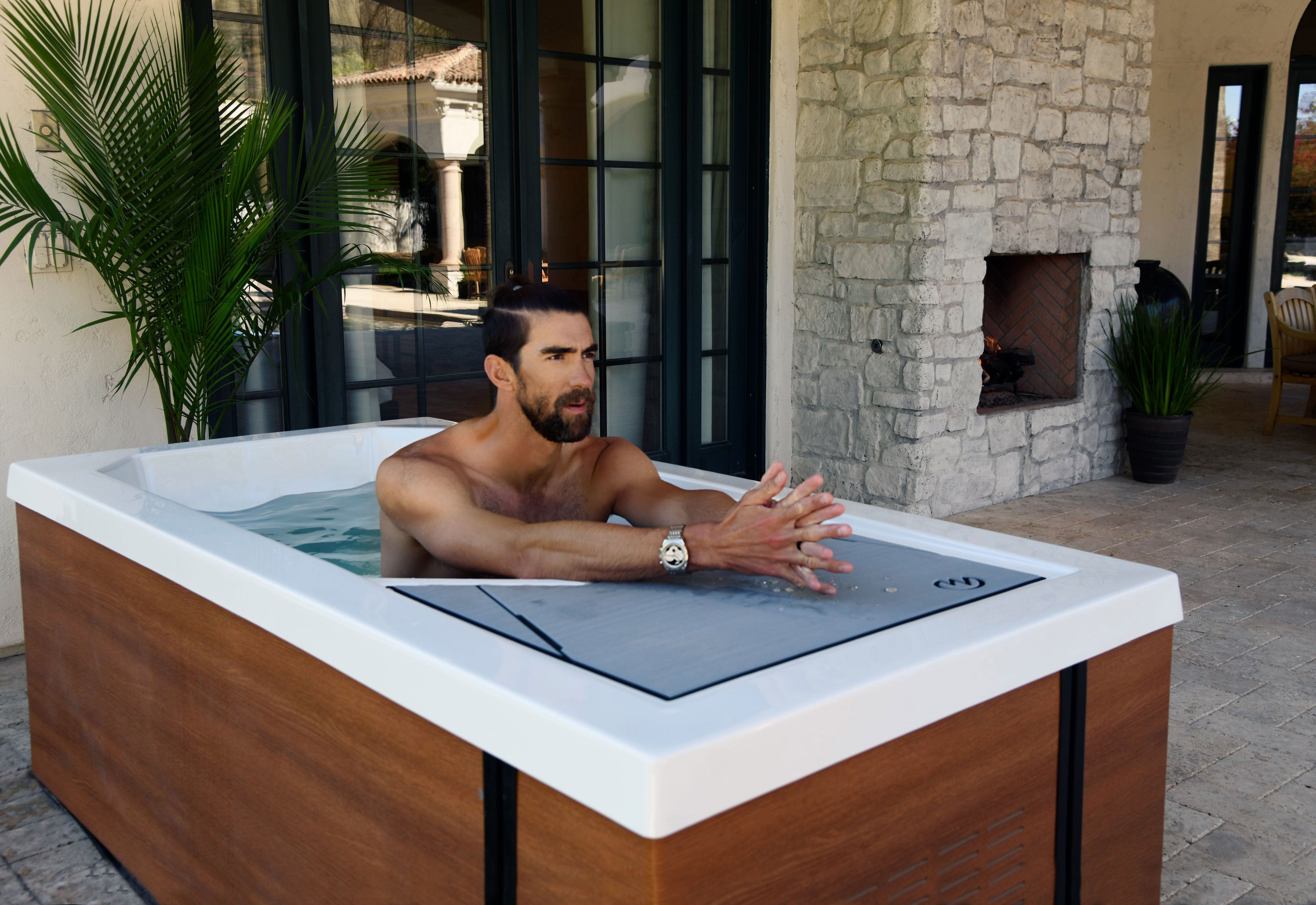
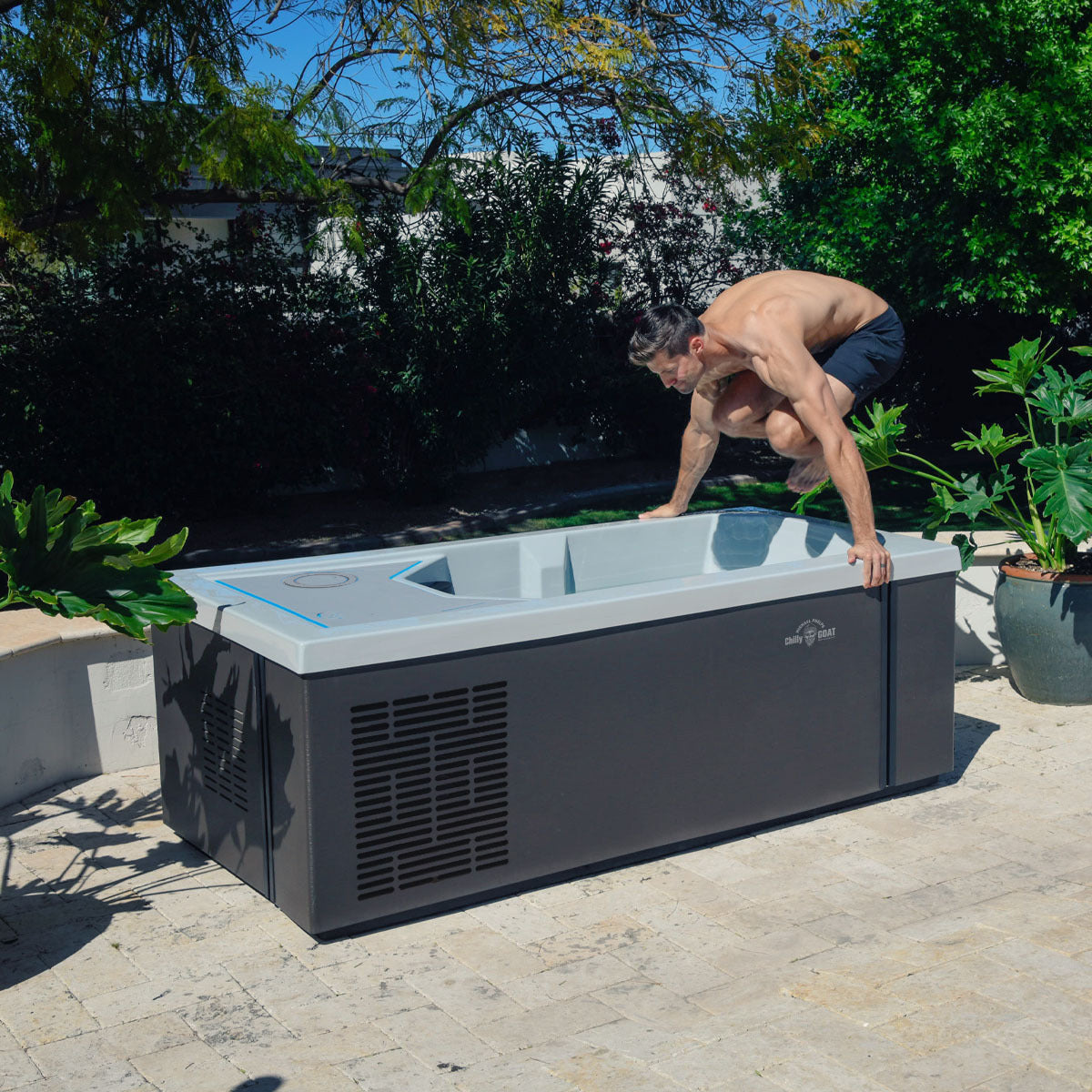
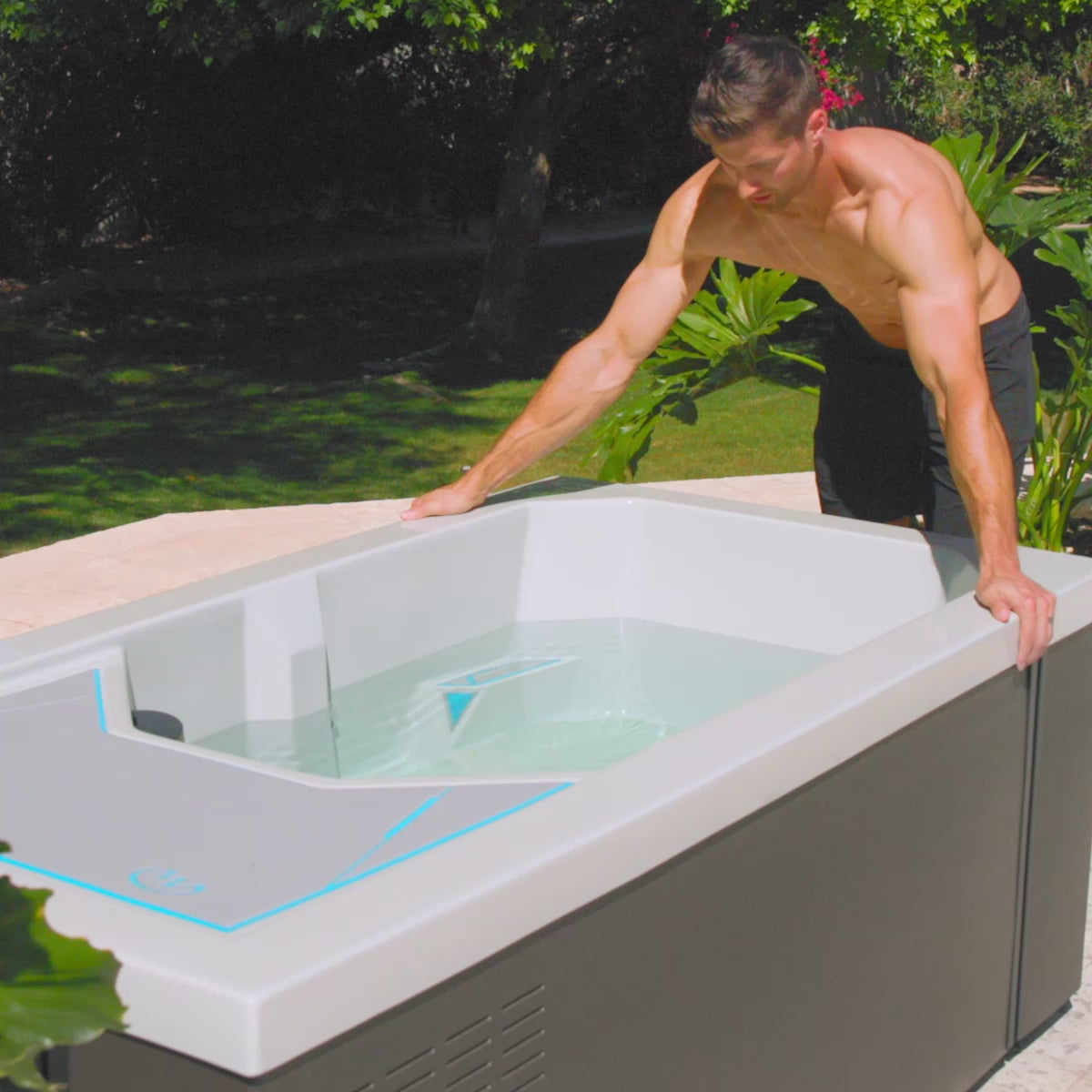

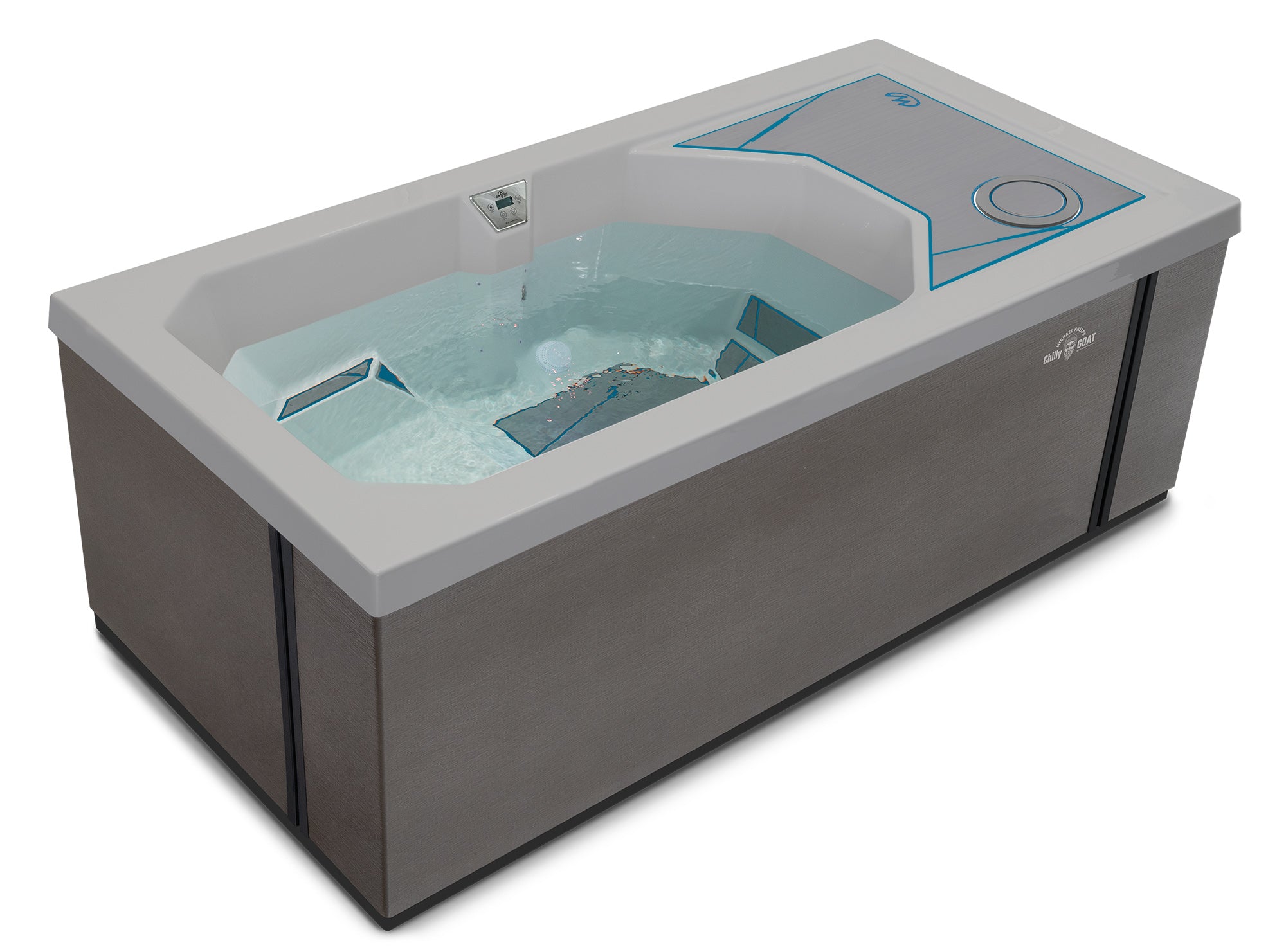
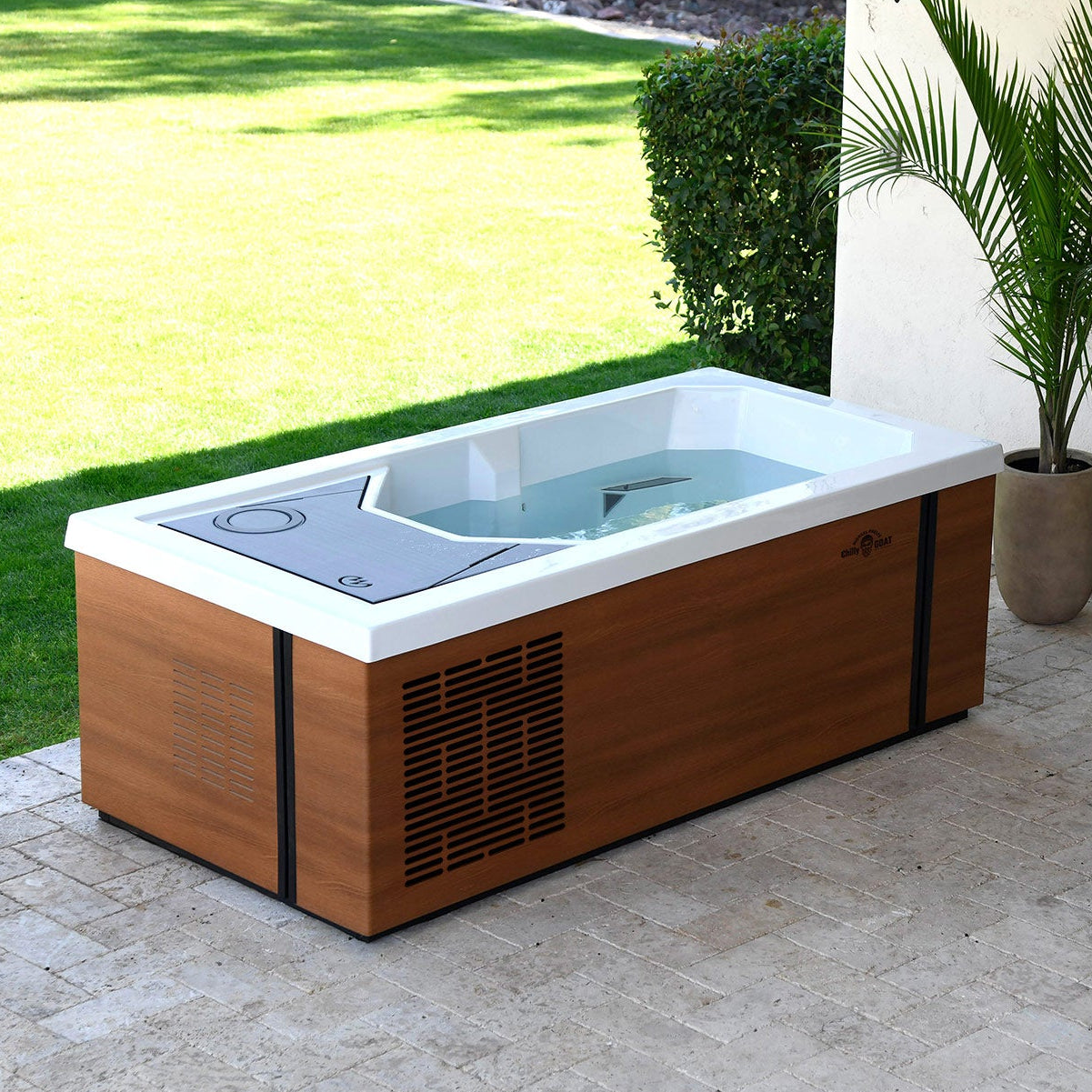
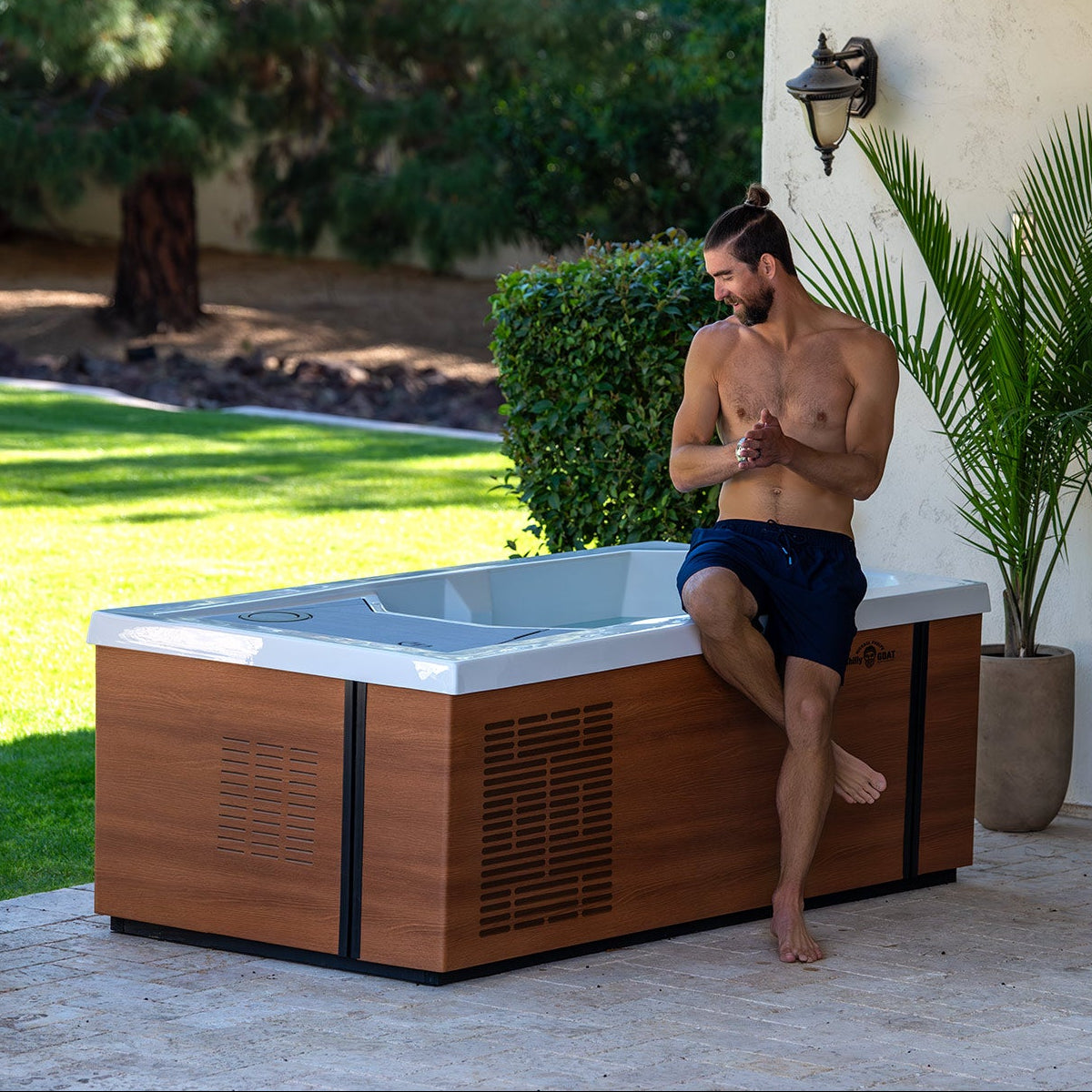
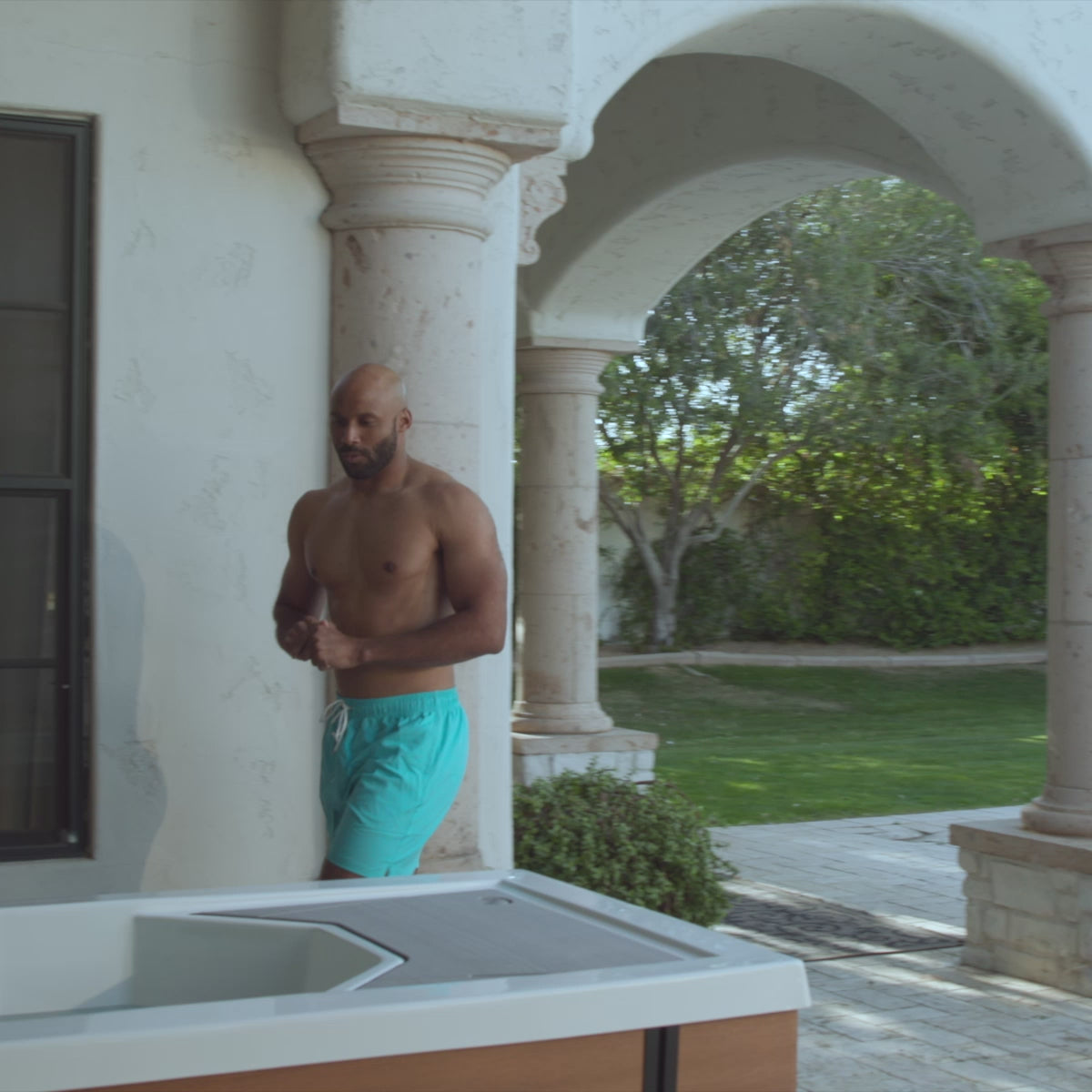

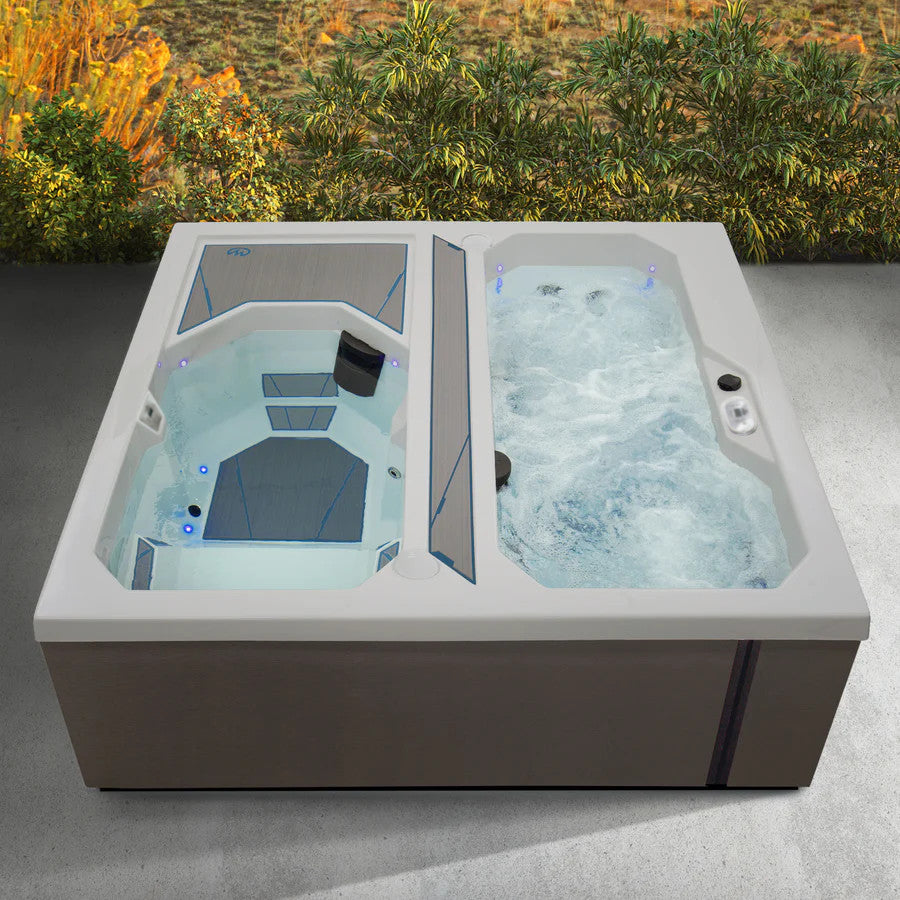
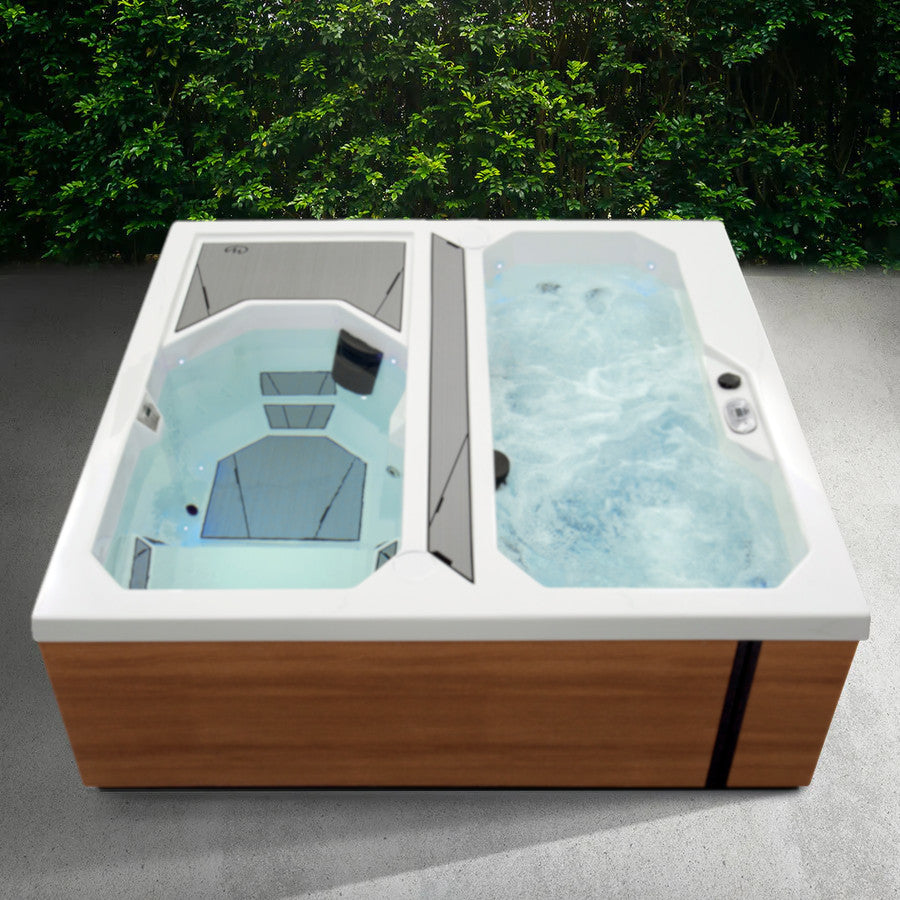
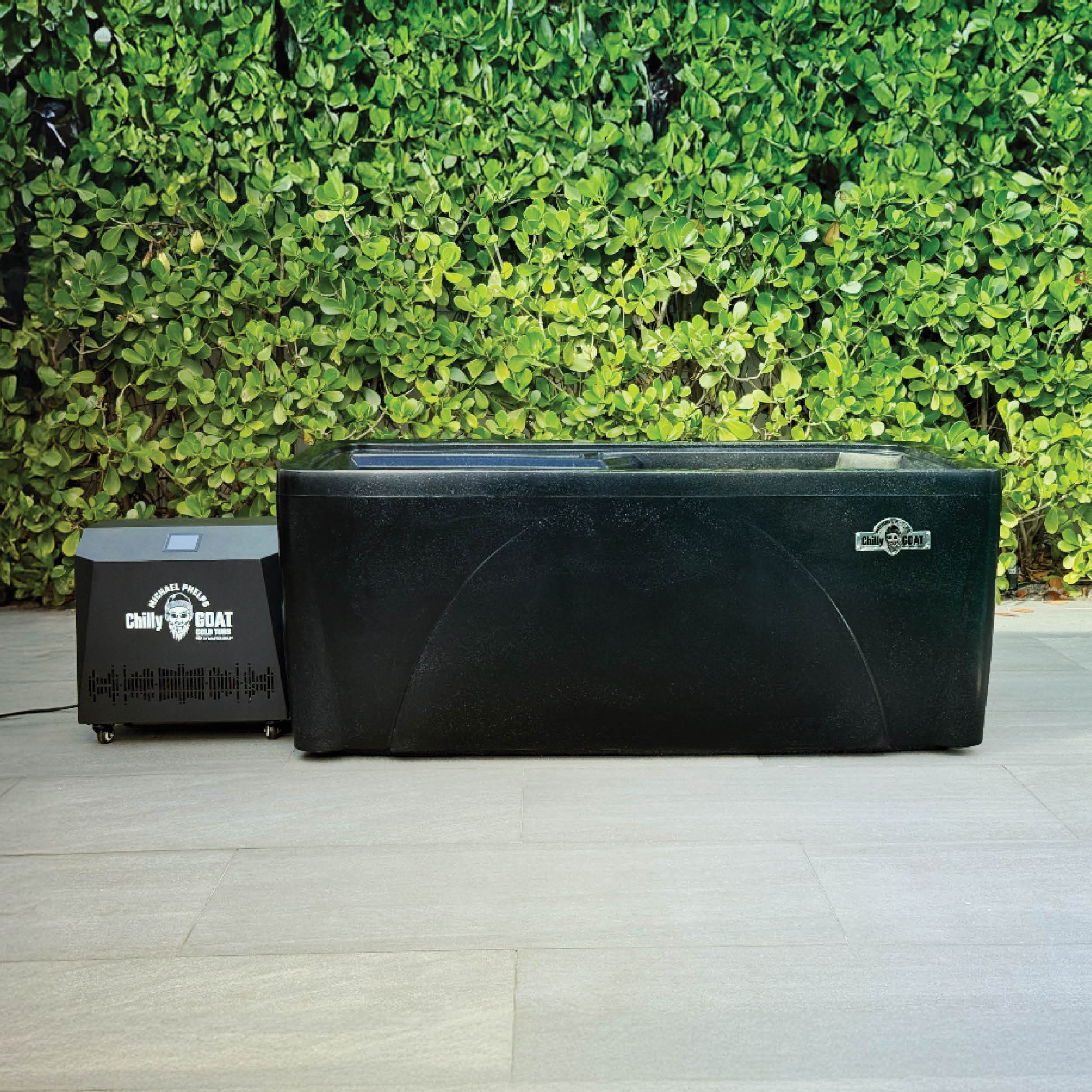
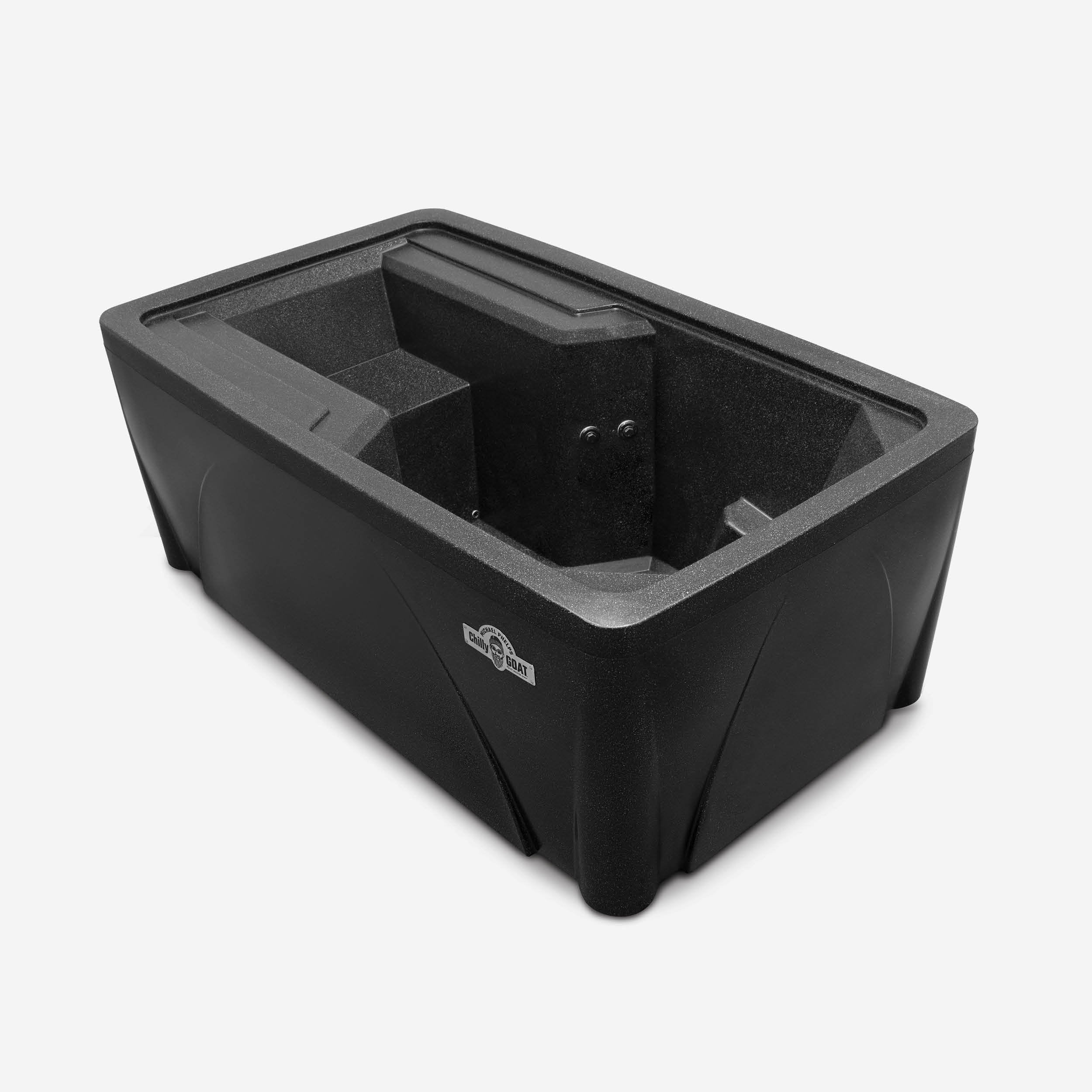
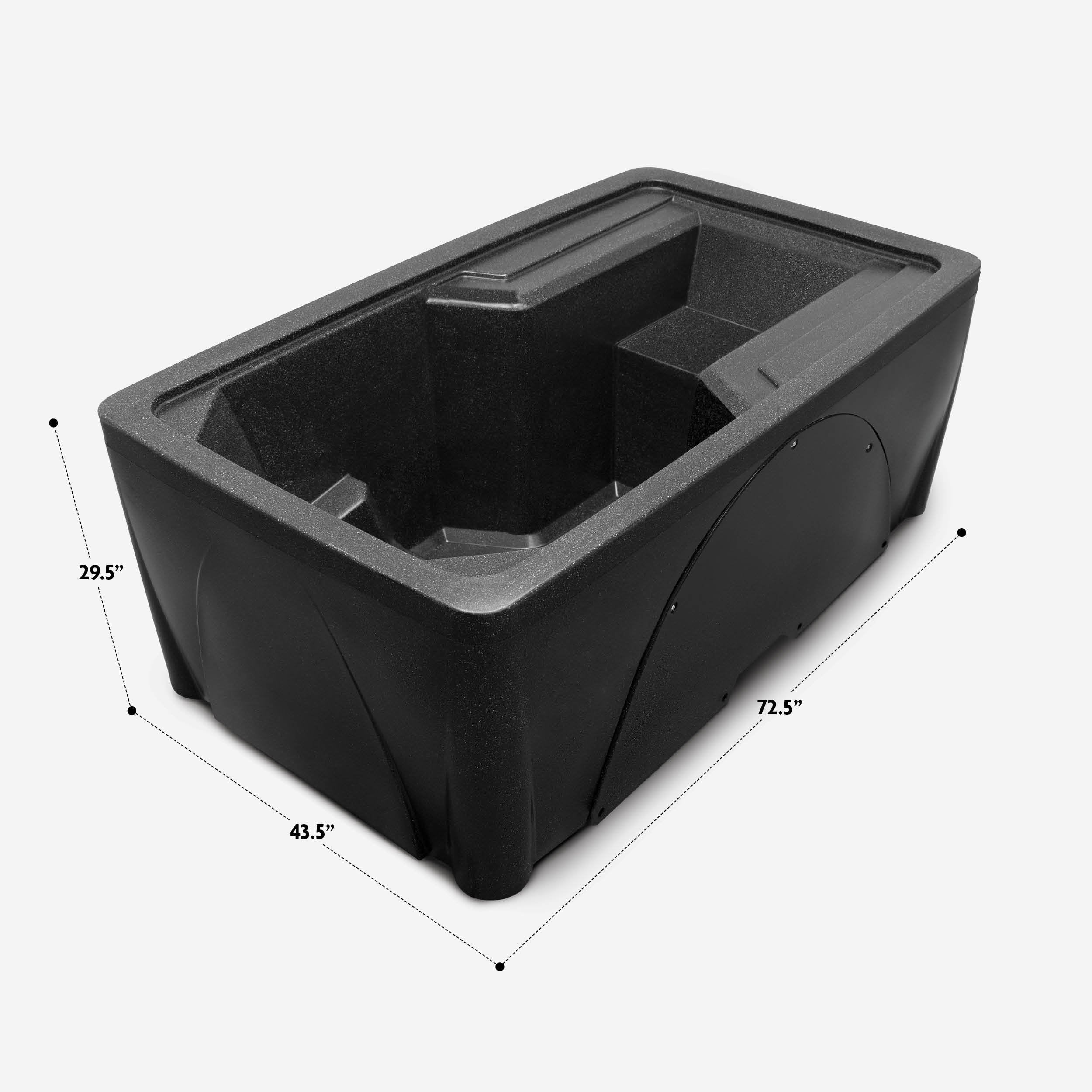
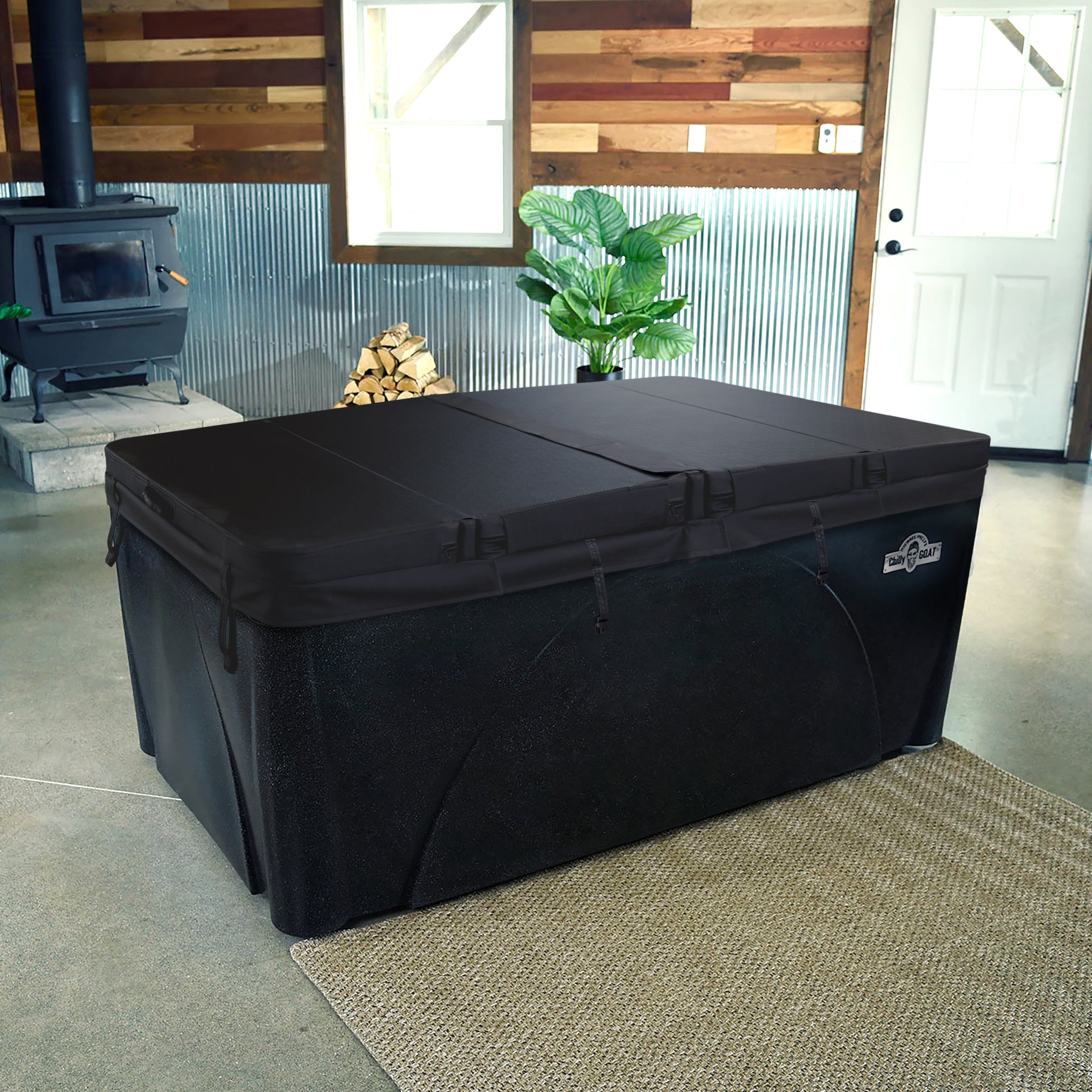
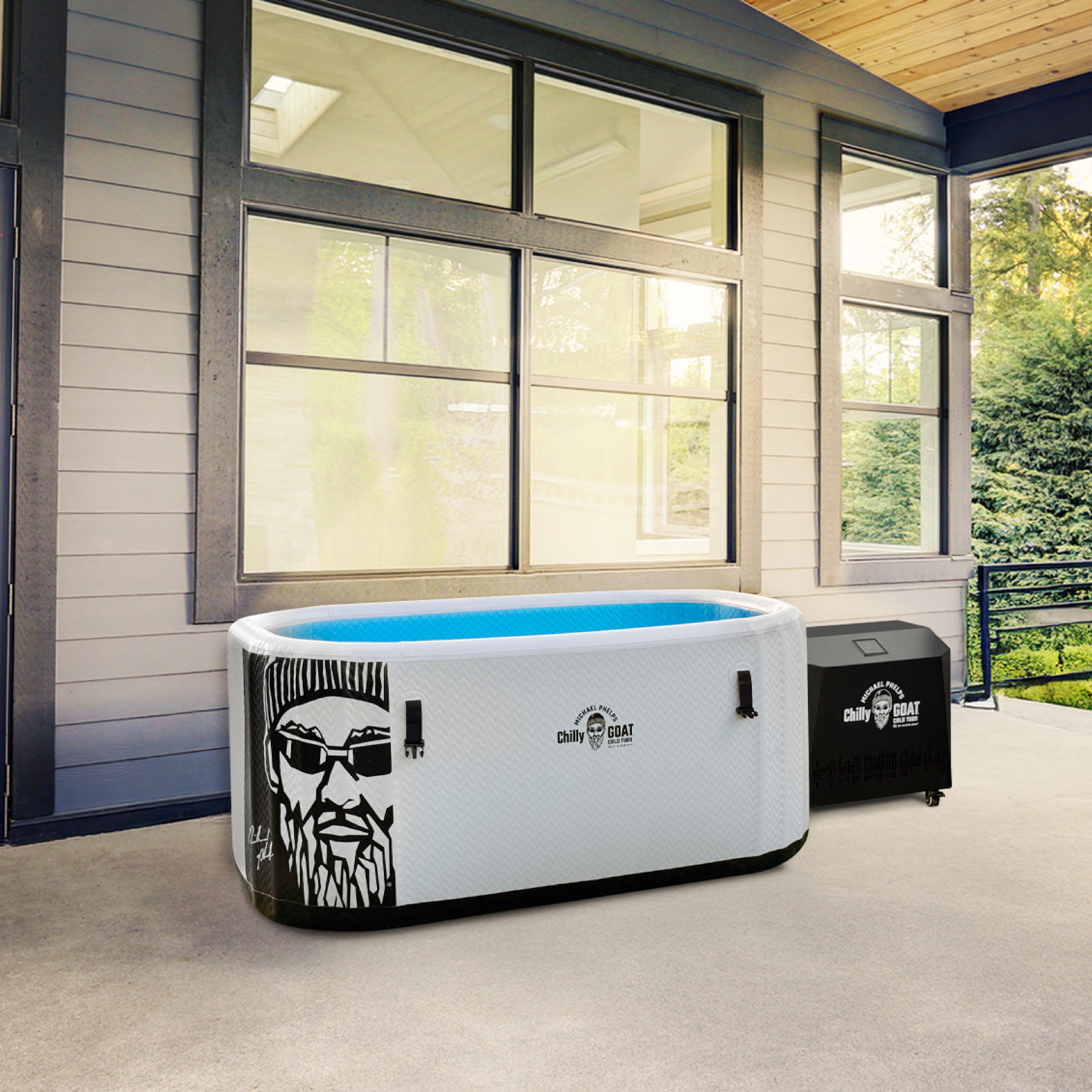
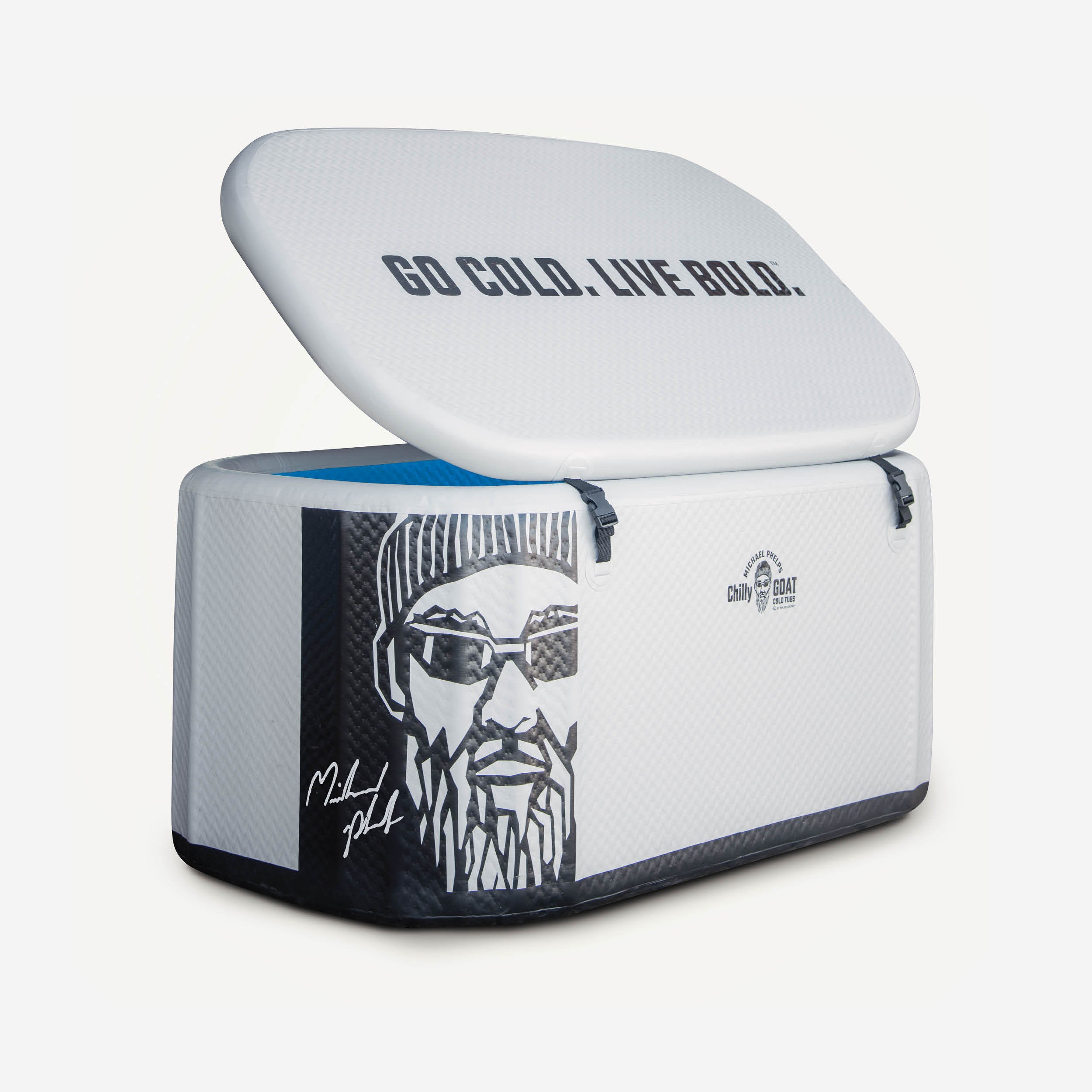
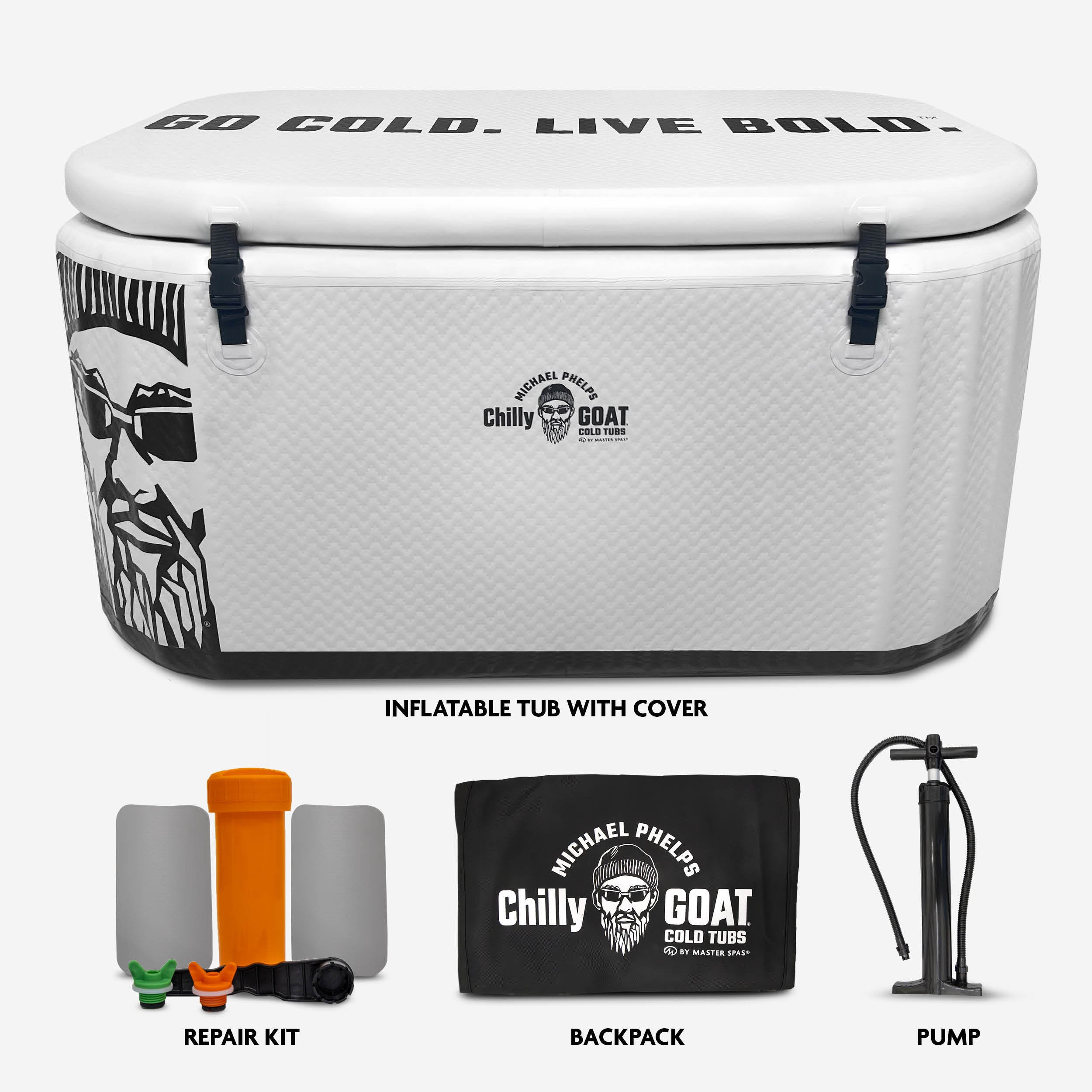


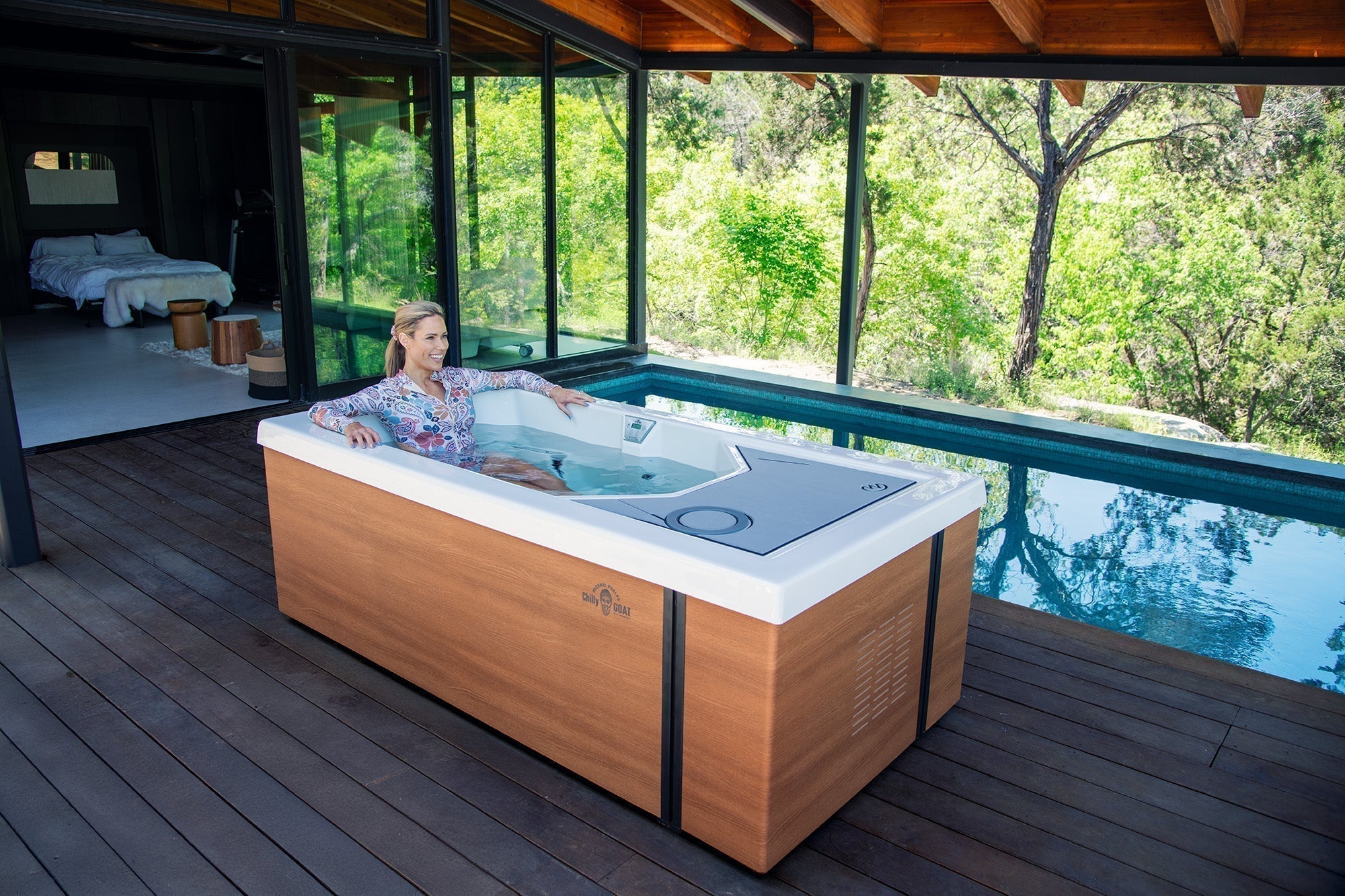
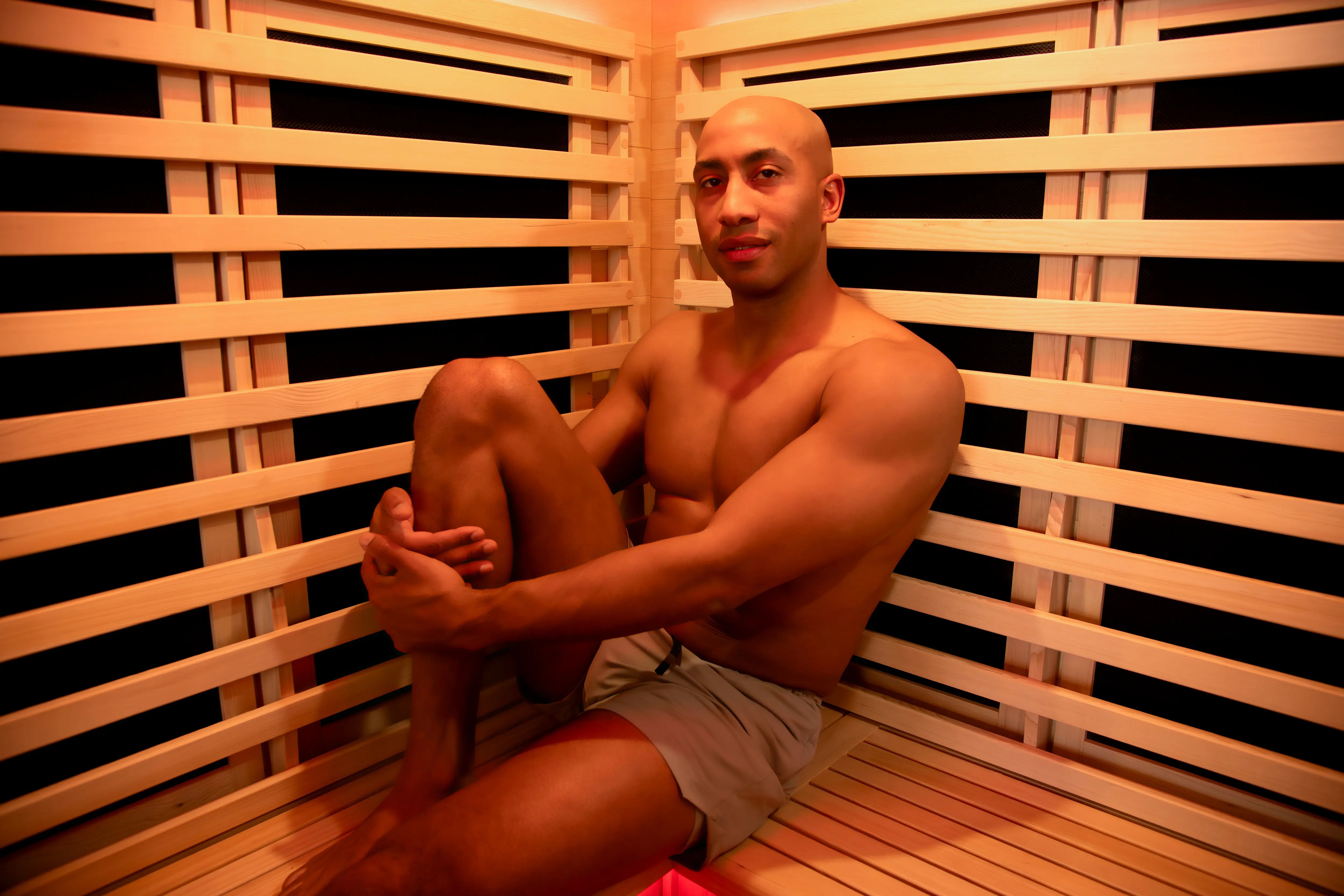
How to train — and recover — for your first HYROX event
What is biohacking for women? Smarter midlife wellness, explained